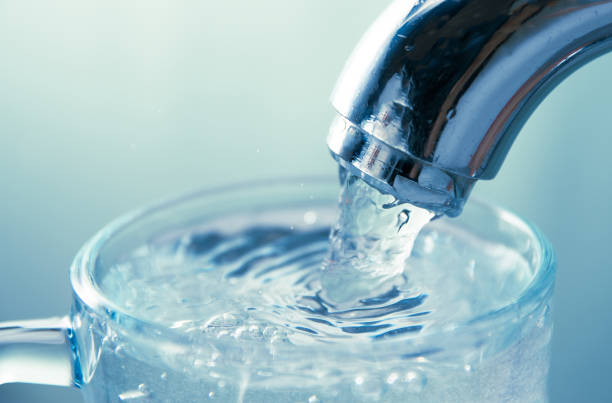Denpasar’s progress as Bali’s capital masks a growing pressure on its water resources. As more people move in and tourism picks up again, the city is finding it harder to provide enough clean, reliable water for everyone who calls it home, including the growing expat community.
Denpasar Water Crisis: Only Half the City Is Connected to PDAM
PDAM (Perusahaan Daerah Air Minum) supplies clean piped water to residents as the local government-owned water company. By the end of 2024, only 51% of Denpasar residents had access to clean piped water from PDAM Tirta Sewaka Dharma, covering 91,346 connections out of approximately 670,210 people. Coverage is lowest in Denpasar Selatan (46.3%) and highest in Denpasar Timur (52.8%).
Denpasar Water Crisis: Infrastructure Strains During Dry Season
City officials are stepping up preparations for the upcoming dry season. Some of the key efforts include dredging major rivers like the Ayung and Blusung, building new water reservoirs in Sanur, and sending out water tanker trucks to help meet daily needs. But supply is still falling short. Support from neighboring pipelines currently delivers only 55 to 60 L/s, far below the 150 L/s that Denpasar needs.
Denpasar isn’t alone. Unless infrastructure expands, Bali’s water deficit could rise to 7,991 L/s by 2025, up from 5,952 L/s in 2021. Around 56% of Bali’s water is currently used by the tourism sector, amplifying the strain.
What This Means for Expats
- Expect intermittent supply or low pressure, especially during dry months.
- Many households rely on tanks or bottled water, and PDAM tanker trucks are often used as backup
- Bottled water use in Bali runs around 11–15 L per person annually. Needed for drinking and even brushing teeth
How Expats Can Prepare and Help
- Check water access before moving in. Ask landlords if the unit is connected to PDAM or requires tankers.
Install water-saving devices. Consider low-flow taps and shower heads. - Store backup water. Having at least a day’s supply of clean water is wise.
- Support community efforts, like river clean-ups, reservoir build-outs, or rainwater harvesting projects .
Denpasar’s water access is patchy, infrastructure is under strain, and the dry season brings added challenges. Expats should proactively plan from housing choices to sustainable usage habits. Staying informed and engaged isn’t just smart, it can help the city keep its taps flowing for everyone.
Sources: balipost.com, denpost.id, detikbali.com.
Featured Image by sonmez (Getty Images)

